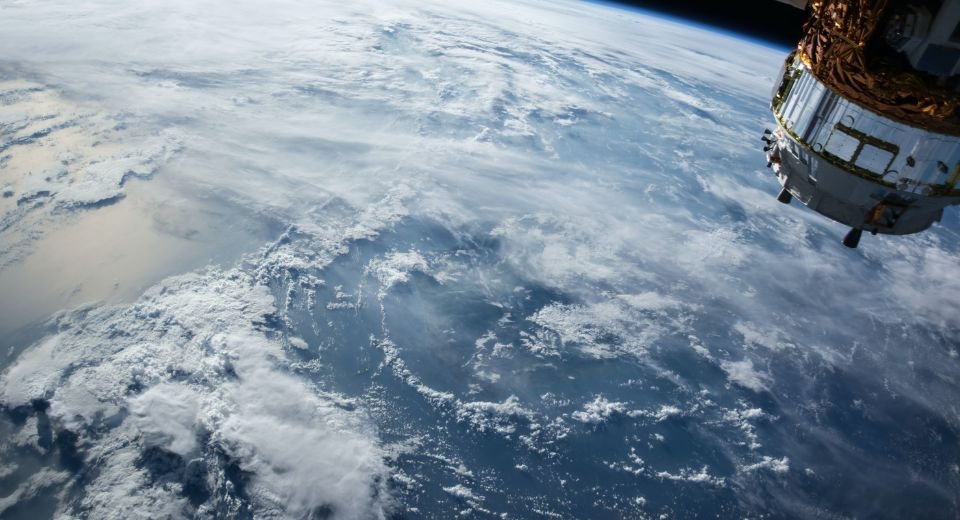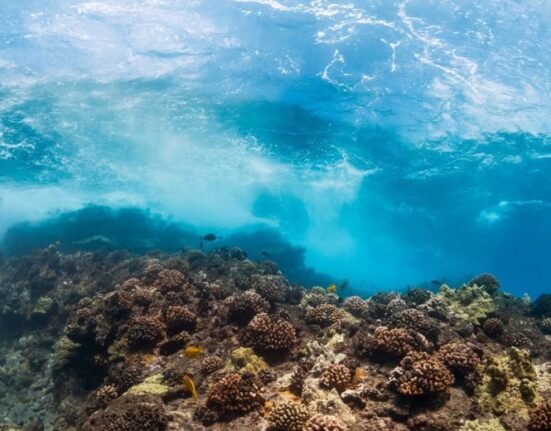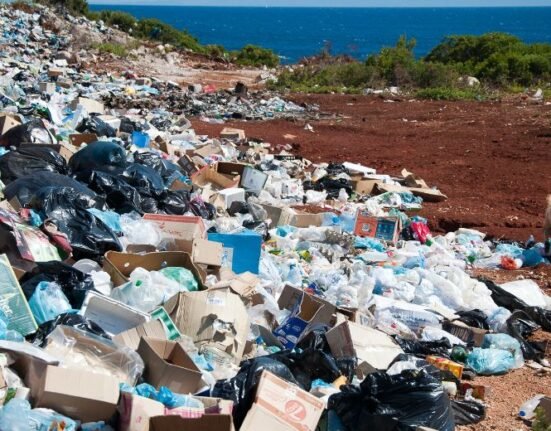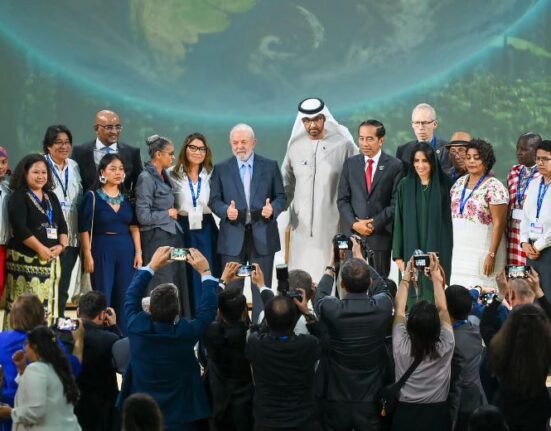HQ Team
March 13, 2023: As the number of satellites skyrockets, scientists have called for a legally-binding global treaty to ensure the safety of Earth’s orbit from space debris, which puts the planet and people at risk.
The number of satellites in orbit may increase from 9,000 today to over 60,000 by 2030, with estimates suggesting there are already more than 100 trillion untracked pieces of old satellites circling the planet, a team of scientists wrote in the Science journal.
The global collaboration of experts representing fields ranging from satellite technology and plastic ocean pollution feared the growth of the space industry could make large parts of the Earth unusable or irreparably harmed by the future expansion of the global space industry.
Dr Imogen Napper, a Research Fellow at the University of Plymouth, led the newly-published study with funding from the National Geographical Society.
“The issue of plastic pollution, and many of the other challenges facing our oceans, is now attracting global attention,” she said.
“However, there has been limited collaboration and slow implementation. Now we are in a similar situation with the accumulation of space debris.
‘Avoid same mistakes’
“Considering what we have learnt from the high seas, we can avoid making the same mistakes and work collectively to prevent a tragedy of the common space. Without a global agreement, we could find oversells on a similar path.”
Recently, representatives who form part of the Intergovernmental Conference on Marine Biodiversity Areas Beyond National Jurisdiction (BBNJ) from over 100 nations have concluded a United Nations agreement to safeguard the open ocean.
The treaty, to promote sustainable development and preserve marine biodiversity, had been under negotiations for more than ten years and was finalised in March 2023 after five rounds of talks. The aim is to bring 30% of Earth’s land and 30% of its seas under the Protected Area Network by 2030.
“In the week that nearly 200 countries agreed to a treaty to protect the High Seas after a 20-year process, the experts believe society needs to take the lessons learned from one part of our planet to another,” the scientists wrote.
While space technology provides a vast range of social and environmental benefits, the scientists said there was an urgent need for global consensus on how best to govern Earth’s orbit.
Earth orbit usage
Several industries and countries were starting to focus on satellite sustainability, but this should be enforced to include any nation with plans to use Earth’s orbit.
They said any agreement should include measures to implement producer and user responsibility for satellites and debris from the time they launch.
Commercial costs should also be considered when looking at ways to incentivise accountability. Such considerations are consistent with current proposals to address plastic ocean pollution as countries begin negotiations for the Global Plastics Treaty.
If urgent action is not taken now, large parts of our planet’s immediate surroundings risk the same fate as the High Seas, where insubstantial governance has led to overfishing, habitat destruction, deep-sea mining, and plastic pollution.
“Ancient traditional ecological knowledge informs us how we must embrace stewardship because our lives depend on it,” said Dr Moriba Jah, Associate Professor of Aerospace Engineering and Engineering Mechanics at The University of Texas at Austin.
Anthropogenic detriment
“I’m excited to work with others to highlight the links and the interconnectedness amongst all things and that marine debris and space debris are both an avoidable anthropogenic detriment.”
Melissa Quinn, Head of Spaceport Cornwall, said satellites were vital to the people’s health, economies, security and the planet itself.
“However, using space to benefit people and the planet is at risk. By comparing how we have treated our seas, we can be proactive before damaging space use for future generations.
“Humanity needs to take responsibility for our behaviours in space now, not later. “
Professor Richard Thompson OBE, Head of the International Marine Litter Research Unit at the University of Plymouth, said: “We were well aware of the issue of plastic pollution a decade ago and had we acted, then the quantity of plastic in our oceans might be half of what it is today.
“There is much that can be learned from mistakes made in our oceans that is relevant to the accumulation of debris in space.”








